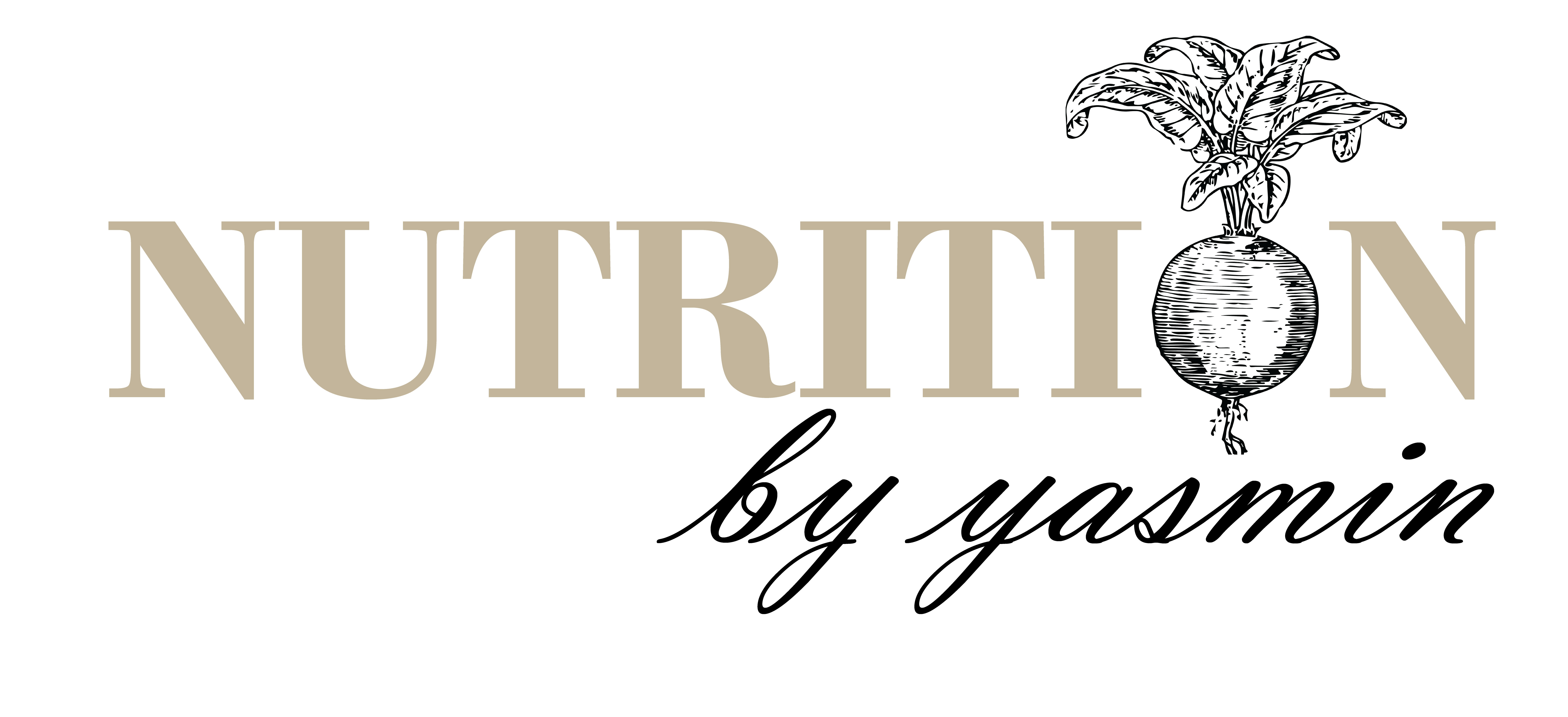Top 5 food myths people believe
We’ve all been told some weird and wonderful nutrition and food facts in our time, like carrots help you see in the dark or that eating the crust makes your hair curly. But I wanted to break down some of the top food myths I have been exposed to within my clinic and social circles.
- ‘Oranges contain the most vitamin C’
Oranges are viewed as the holy grail when it comes to vitamin C intake, when in fact, other fruits such as strawberries contain slightly more vitamin C per serving. Kiwi’s have one of the highest vitamin C contents when it comes to fruits.
- ‘Cooking fruits and vegetables leads to nutrient loss’
It can be true that boiling your broccoli until it loses it’s colour can leach some of the nutrients from it, however some vegetables are actually more nutritious when eaten cooked. Tomatoes are a great example, as their lycopene content, the antioxidant they contain, is released more once cooked. My advice would be to blanch or lightly steam your vegetables to avoid overcooked and losing some nutrients, but it is not the case that raw is always better.
- ‘You burn calories while you eat celery’
This myth is a classic myth, but this is not correct as no food contains a negative calorie content. Celery does contain very few calories, but the energy used to chew it does not counterbalance them. If you enjoy celery in your salads or as a vegetable crudité then please carry on enjoying it, but if you were chomping away as a tool to increase your calorie burn, then I’m sorry to have burst your bubble.
- ‘Eggs are bad for your cholesterol levels’
Eating eggs and their effect on cholesterol levels is an area of science this is often misunderstood. However, recent research and expert opinion has concluded that for an average ‘healthy’ person, eating eggs, including the yolk, does not directly impact cholesterol levels. This is because our bodies are smart and can regulate dietary cholesterol and the bodies production of cholesterol by the liver. If there is more dietary cholesterol consumed, then the liver will produce less to balance levels out. Science also shows that higher dietary intake of saturated fats, like those found in butter, lard, coconut oil, fatty cuts of meat and fried foods can put us at higher risk of having high cholesterol levels, rather than foods that are naturally high in cholesterol, such as eggs. Whilst consumption of some saturated fats is not detrimental to our health, it is advised to have a higher consumption of unsaturated fats such as olive oil, nuts, seeds, oily fish and avocado in comparison to help maintain healthy cholesterol levels.
- ‘Nuts are too fattening’
I often hear people advising others not to consume nuts as a snack because they are ‘too fattening’ and this is a myth I really wanted to dispel for a few reasons. Any food can become ‘fattening’ if you overconsume it and it leads to gaining fat or weight, but we must try and remove this negative connotation towards foods that naturally contain healthy fats, such as nuts. Although the diet industry has led us to believe otherwise, the fat found in nuts is good for our health, ranging from heart health and hormonal health to helping keep us fuller for longer. I would never advise removal of fat from anyone’s diet for this reason. So please try not to listen, or question anyone who advises you not to eat nuts as they are ‘fattening’.
In summary, nutrition and nutrition advice is never going to be black and white as it is a science, but I hope this has helped you dispel some of the most common food myths I often hear. Please contact me with any questions you may have on these or any other nutrition and food related myths you may have heard.
*** This blog post is not intended or implied to be a substitute for seeking professional medical advice, diagnosis, or treatment. Information provided here is general and is not intended to treat, diagnose, prevent, or cure any diseases or conditions. Please contact your GP or private health consultant if you have any personal health concerns or consult a registered nutritional therapist for personalised dietary and lifestyle advice and guidance.
